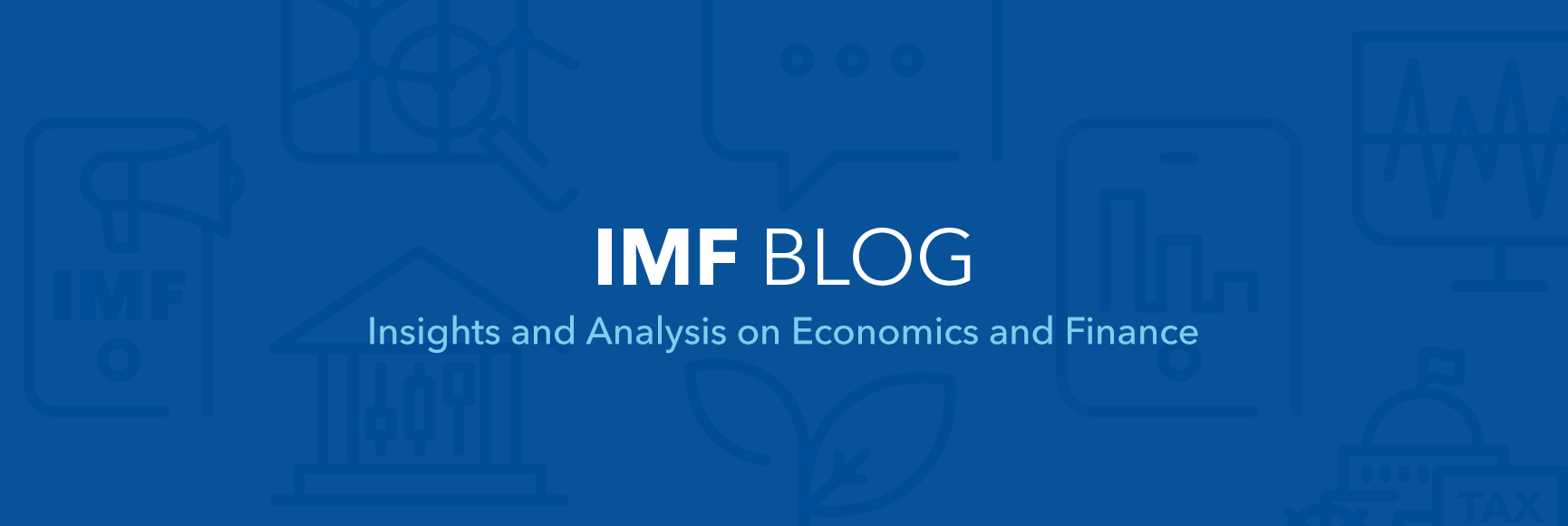(Version in عربي)
The Arab Spring has injected new optimism into the Middle East and North Africa and, if managed well, the historic transitions that are under way will lead to a more prosperous future for the people of the region.
At the same time, the past year and a half has been difficult for the Arab countries in transition. They are facing economic strains as they manage political change and urgent social demands. It is a period when hard choices must be made, and it does not help that this is happening at a time of great turmoil in the global economy.
Close engagement
Throughout this difficult period, the IMF has remained closely engaged. We are advising countries on how to manage shocks to maintain economic stability, ensure that vulnerable households are protected during the transition, and lay the basis for job-creating growth.
We are also providing technical assistance to help build capacity and stronger institutions. In Egypt, for example, on tax reform to improve tax equity; in Libya to better manage its wealth through improved public financial management; and in Tunisia on measures to strengthen the financial sector.
Another priority—at a time when government budgets are stretched—is to help countries meet their financing needs. As we said in early 2011, the IMF stands ready to provide such financial assistance, but it must come when the countries themselves feel the timing is right and in support of economic programs that are designed by, and enjoy broad support in the country.
As part of this process, I am pleased to say that a few days ago, in response to the authorities’ request, the IMF Board approved two loans in support of the economic reform agendas of Arab countries in transition: one for Jordan under a Standby Arrangement in the amount of $2.05 billion, and another for Morocco in the amount of $6.2 billion under our Precautionary and Liquidity Line (PLL). This follows on our earlier concessional loan to Yemen under the Rapid Credit Facility.
One size does not fit all
The IMF’s assistance varies across the region, given that each country faces its own economic challenges, and the instruments to tackle those challenges must be tailored to address those unique circumstances.
In Jordan, the IMF loan supports the authorities’ program to stabilize the economy and address the negative impact of exogenous shocks, mainly in its energy sector, as well as regional unrest. It will allow Jordan to guard against additional shocks and avoid sharp adjustments that could have an adverse impact on growth and the vulnerable segments of the population. By providing liquidity over the next three years, it will also allow the authorities to implement their national reform program gradually and with adequate measures to protect the poor and vulnerable households. And, it will support the authorities’ efforts to foster high and inclusive through measures to improve the business environment, enhance transparency, and foster trade.
In Morocco, our financial assistance is designed to provide insurance in case the country is affected by a sharp deterioration in its external economic environment. Morocco’s track record of sound economic policies has contributed to solid economic performance, which, in turn, has helped cushion the impact of the global crisis and respond to pressing social needs. So, Morocco does not have an immediate need for any IMF financing; nevertheless, uncertainties about the euro zone and possible higher oil prices pose real risks. The two-year PLL with the IMF provides Morocco with a useful insurance policy for meeting any possible financing needs should these risks materialize.
For Yemen, approval of the concessional IMF loan earlier in the year allowed for the immediate disbursement of financial assistance to support the country’s economic recovery program following a prolonged political crisis.
Learning from experience
In providing support, we have taken something of a new approach that draws upon the lessons of the Arab Spring and the IMF’s experience in its 188 member countries. We know that programs are much more likely to succeed if they are designed and owned by the national authorities and enjoy broad support within the country. We are also focusing much more explicitly on policies that ensure that the benefits of economic growth are shared more broadly and on protecting the most vulnerable members of society.
The Arab Spring has shown vividly that aggregate growth numbers alone tell only part of story. For growth to be sustainable, it must create jobs, its benefits should be widely spread—not captured by a few—and there should be a broader and fairer distribution of economic opportunities across the population.
We are bringing this new understanding into our engagement with the region, and our discussions with authorities reflect this. I encourage you to look up the documents that will soon be on our website describing the programs we are supporting in Jordan and Morocco and tell us what you think.

